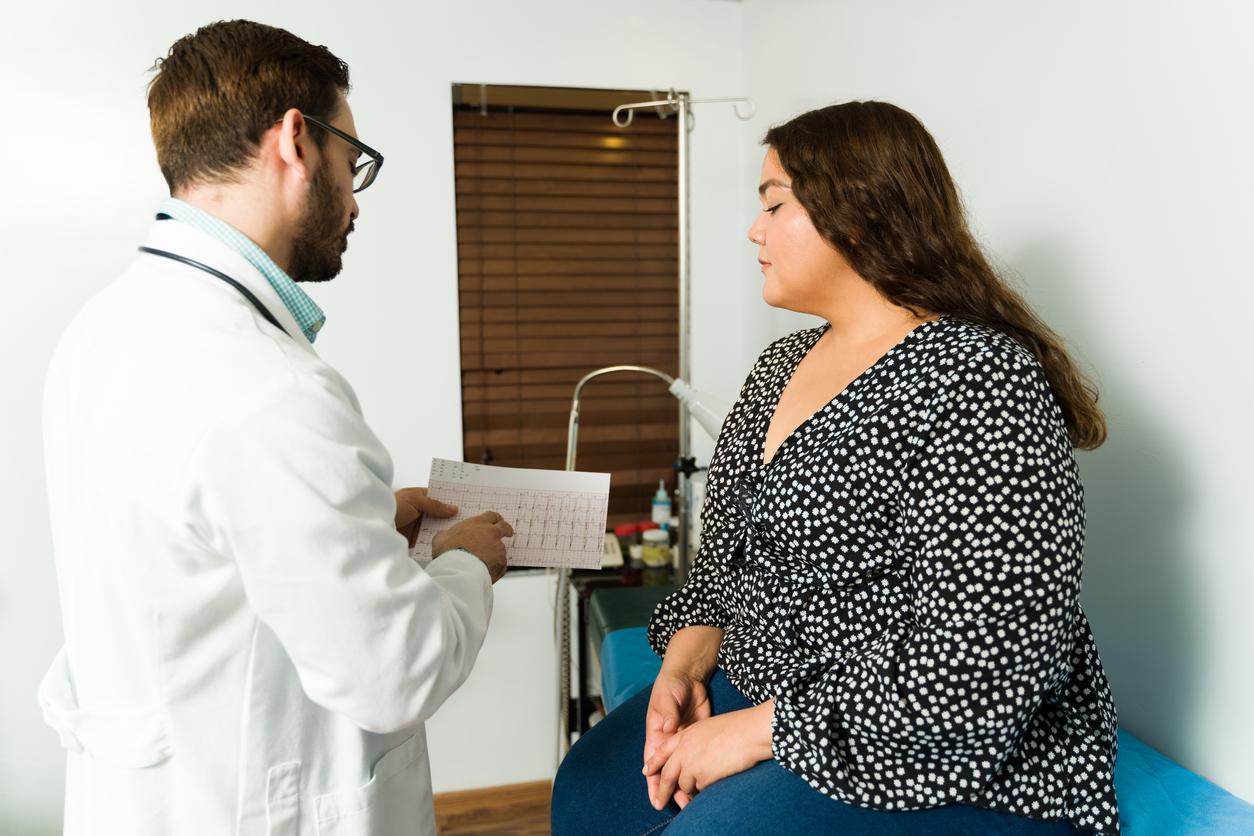Multiplied by four among 18-24 year olds, by three among 25-34 year olds…severe obesity is constantly increasing in France since 1997 in France. According to a study by theInserm conducted in September 2020 and whose results were published on Monday, 47.3% of French people are overweight (overweight and obesity), including 17% who are obese. “It’s less than in the United States, but obesity is increasing linearly, a little less sharply than at the end of the 1990s. Its prevalence has nevertheless doubled since 1997”says Annick Fontbonne, epidemiologist at Inserm.
#Obesity And #overweight : nearly one in two French people concerned
I’#Inserm offers you an inventory of the epidemiological situation in France, but also of research on this subject.
Link to the press kit: https://t.co/YsaUge9r8Cpic.twitter.com/FkgY4KtTfv
— Inserm (@Inserm) February 20, 2023
The researchers also remind doctors and patients of the need to take obesity seriously. “It’s not not just a problem of lack of willit’s a real disease”says Pr David Nocca, doctor in the digestive and bariatric surgery department at Montpellier University Hospital and founder of the League Against Obesity.
Who is affected by this increase?
If older people are more affected by obesity and overweight, it is among young adults that this increase is more marked: between 1997 and 2020, the prevalence of morbid obesity (a BMI above 40) been multiplied by seven in the younger age groups.
Men and women are also not affected in the same way: in 2020, men were more overweight (36.9% compared to 23.9%) but women are more affected by obesity: 17 .4% obese among women against 16.7% among men.
Disparities were also observed between regions: Hauts-de-France (22.1%) and Grand-Est (20.2%) have the highest prevalence of obesity, followed by Normandy, the Center Val de Loire and Burgundy Franche-Comté.
The therapeutic response, an “additional weapon”
“The best treatment is prevention.”, said Professor Nocca at a press conference. “And the priority in prevention is to make people understand that obesity is a disease.” Today, existing solutions mainly focus around bariatric surgery, which alters the anatomy of the digestive system to restrict food absorption.
After a period of “no man’s land”, new treatments are gradually appearing. In effect, “the first pharmacological tools of action in the central nervous system have all been withdrawn from the market due to either psychological (depression, etc.) or cardiovascular side effects“, says Karine Clément, professor of nutrition at Inserm.
Today, new molecules are being developed. These new treatments, analogues of the GLP1 hormone (which reproduces the action of hormones regulating appetite) or incretins, seem very effective, since they “are associated with weight losses of more than 10% of total body weight in more than two-thirds of participants in clinical trials”, says Inserm. “Some rare cases of obesity for which we know the genetic cause – i.e. 2 to 4% of forms of severe obesity in childhood – can also be diagnosed by genetic tools, which makes it possible to offer them an appropriate treatment., rejoices Karine Clément. However, this does not concern common obesity.
Be careful though: the drug is an “additional weapon” and not a miracle. “The approach must be multidisciplinary: medication, diet and physical activity.conclude the researchers.
Source :
- Press kit – Obesity and overweight: nearly one in two French people concerned, Inserm, 20 February 2023

















